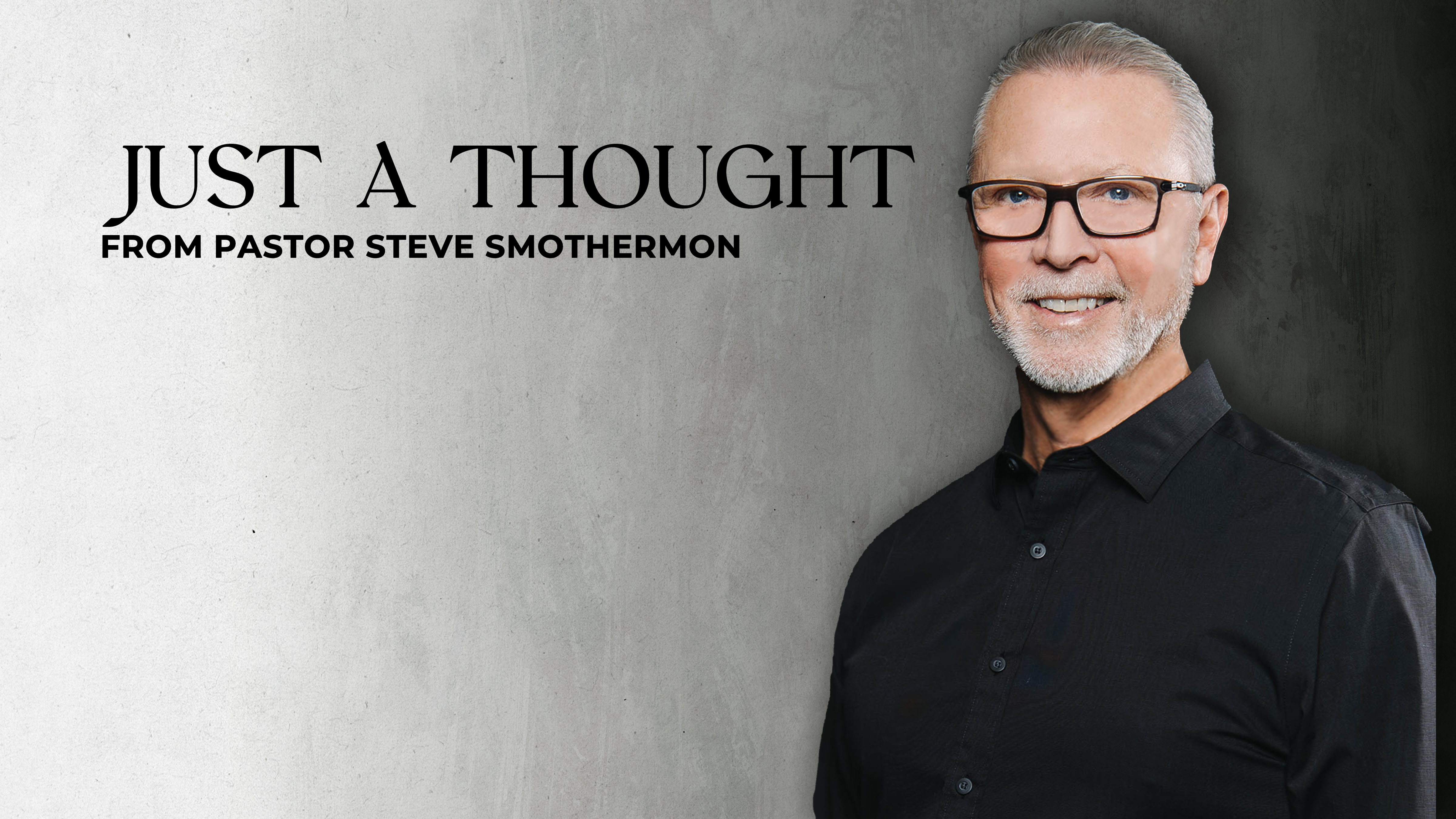You Can Make a Difference
Sometimes, we hesitate to give because we think what we have isn’t enough. The boy with the five loaves and two fish could have kept his lunch, thinking it was too small to make a difference. But he chose to offer it to Jesus, and that small act of faith became the foundation for a miracle that fed thousands. God isn’t asking us for what we don’t have — He’s asking us to trust Him with what we do have.
The reality is, there were likely others in the crowd who had food, but only one boy stepped forward. He didn’t wait until he had more; he simply gave what was in his hands. Too often, we wait for the “perfect time” or “more resources” before obeying God, but the truth is, what we already have is enough when placed in His hands. Faith isn’t about waiting for abundance — it’s about trusting that God can multiply what we release.
What if today, we chose to be like that boy? What if we stopped focusing on what we lack and instead trusted that God can do more with what we give than we ever could on our own? Whether it’s our time, resources, or obedience, when we step out in faith, we position ourselves for a miracle.
Just a thought,
PSS
Published on Monday, March 10, 2025 @ 10:41 AM MDT
Whom Will You Serve?
God first:
In life, one of the major decisions we make is who or what takes first place. For some, it’s family, and for others, it’s their job or their children. Still, for others, it’s their hobbies or sports. Bottom line: it’s our decision. Even though the abovementioned aren’t bad, the question remains: should they be first place in our lives? I believe the answer is a definite, “No!” God and His ways should always take absolute precedence. If God is first, everything else will fall into place. If He’s not, nothing will fall into place. Again, it’s your choice.
You choose:
Prioritizing God should be reflected in our finances. The first step in making that happen is to return the tithe to Him. The first portion — the tenth — of what you earn is His, and we should return it to Him. We return a tithe and give an offering. When we do, we place God in His rightful place in our lives — first. When that happens, every other area of our lives will start to straighten out. The choice is ours.
Choose this day whom you will serve …. But as for me and my house, we will serve the Lord (Joshua 24:15 NIV).
Just a thought,
PSS
Published on Monday, March 3, 2025 @ 10:02 AM MDT
Giving It All Away
I’ve noticed that the happiest people I know are people who give of themselves and their resources. On the other hand, the most miserable people I know are selfish and greedy. Coincidence? We should develop a heart for giving. Once we learn this principal and apply it to our own lives, I believe we’ll have more joy, peace, and happiness.
In church terms, people think that if they tithe, they are givers. Even though it all begins with tithing — and every Christian should give their tithes to a local church — in reality, tithing is returning to God what is rightfully His. Giving begins after the tithe, not before it. You return a tithe, and give an offering.
Being a giver means that you give as the Holy Spirit prompts or directs. God is a giver, and we should act and think as He does. We don’t give to get; we just give. Our society has become more selfish, and as believers, we sometimes listen to the world and its philosophies, instead of honoring God and obeying His Word.
Let’s learn to become true givers and watch how God restores peace, joy, and happiness back into our lives. The word “blessed” means: “happy, fortunate, to be envied.” Let’s be that.
Just a thought,
PSS
Published on Monday, February 24, 2025 @ 10:18 AM MDT
No More Excuses
Excuses are easy, but obedience requires faith. Jesus told a parable about a great banquet where those invited made excuses — land, business, relationships — things that weren’t bad, but they became barriers to saying yes to the Master’s call (Luke 14:16-24). The truth is, we all have reasons we can’t — too busy, too unqualified, too afraid — but God isn’t asking for our convenience: He’s asking for our obedience. His invitation is always open, but we have to make the decision to accept it.
God’s mission isn’t about who’s already here — it’s about who’s still missing. If we’re not willing to step out of our comfort zones and invite “one more,” we’ve lost sight of His heart. We can’t assume someone else will do it. The lost aren’t waiting at the church doors; they’re in our workplaces, our neighborhoods, and even our own families. They need someone who will notice them, care enough to invite them, and show them the love of Jesus. That’s the mindset we must have — to make room for one more.
So, what’s your excuse? Is it fear of rejection, feeling like you don’t know enough, being too busy? None of those excuses hold up in light of eternity. The time is now. The opportunity is today. Someone is waiting on the other side of your obedience. No more excuses — it’s time to make room for one more!
Just a thought,
PSS
Published on Sunday, February 16, 2025 @ 7:36 AM MDT
Growing Pains
Every one of us has a pain threshold. That pain threshold is the thing that can limit our lives. When something costs you too much, it seems too hard, the sacrifice is too great, that’s your pain threshold. We will never rise above it. We can never go beyond our pain threshold.
Life is not fair:
The Bible teaches that, while we are on this earth, we will experience trials and tribulations. In other words, we will all experience stuff that is not good and not fair. Our ability to process these things will determine the level of success each one of us will have.
Rejection:
Life is not always fair, and it’s not always going to be easy. Steve Jobs was rejected by more than 20 venture capitalists before one said yes. Thank God his pain threshold wasn’t 19. After 19 rejections, I am done. No, he wasn’t going to quit. His pain threshold was high enough that he could handle 20 rejections, and probably more than that.
No pain, no gain:
See, none of us will ever rise above our pain threshold. Some of us have very minimal pain thresholds. The first sign of a setback, and we quit. That’s why we won’t experience the success we seek. It’s not because of someone else: it’s because of us. The good news is: we can work on our ability to handle pain, setbacks, problems, and issues, by recognizing our attitude during times of trials, then beginning to grow in that area.
Learn to persevere and keep going, no matter what. Learn to endure as a good soldier, realizing setbacks and delays don’t mean we can’t — they are merely obstacles to overcome. Food for thought.
Just a thought,
PSS
Published on Monday, February 10, 2025 @ 11:17 AM MDT

Latest Media
Check out our latest sermons, stream church service live or see other videos and podcasts.

